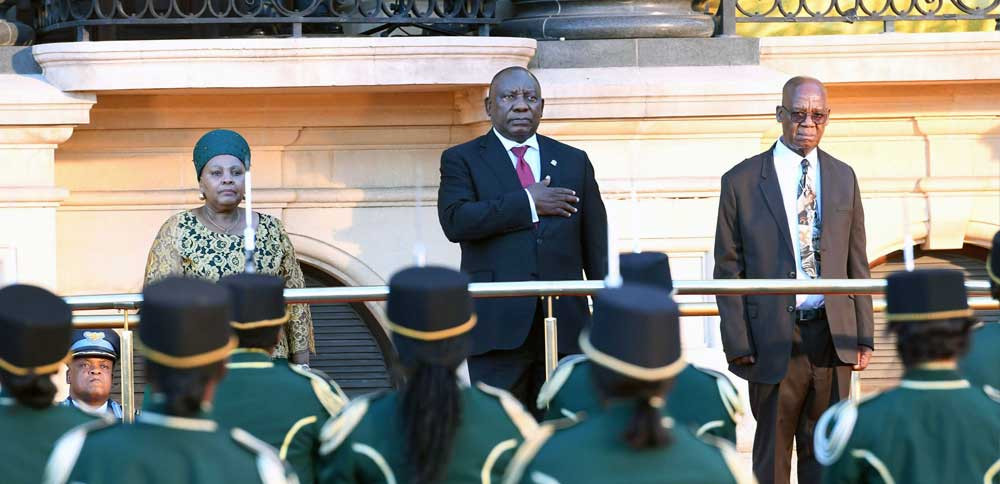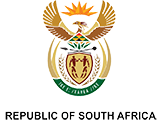Building better lives
Reducing the impact of poverty through social support and expanding access to services such as healthcare and education is vital to the achievement of a better quality of life for all South Africans.
Through a strengthened and expanded social protection system, fewer people will live in poverty and fewer households will experience hunger.
President Cyril Ramaphosa
SONA 2024 HIGHLIGHTS

Around 25 percent of farmland in our country is now owned by black South Africans.
We have supported around 1,000 black industrialists with funding and other forms of support. These black-owned firms employ more than 90,000 workers and contribute many billions of rands to our economy.
Over the last five years, about 200,000 more workers obtained ownership of shares in the companies they work, bringing the total worker ownership in companies in the South African economy to well over half a million workers.
The latest matric pass rate, at 82.9%, is the highest ever.
No-fee schools are accounting for more and more bachelor passes achieved.
Fewer learners are dropping out of school. The percentage of learners who completed 12 years of education rose from 45% in 2008 to 62% in 2022.
The implementation of the National Minimum Wage in 2019 immediately raised the wages of over 6 million workers.
Special SRD Grants currently reach some 9 million unemployed people every month.
Maternal and infant deaths have declined dramatically.
We have built more hospitals and clinics, especially in poor areas, providing better quality care to more South Africans.
Today, 95%of persons diagnosed with HIV know their status, 79% of those receive antiretroviral treatment, and 93% of those are virally suppressed.
New HIV infections among young people have declined significantly.
Nearly nine out of every ten households live in a formal dwelling.
In 1994, only 6 out of 10 South Africans had access to clean drinking water. Today, that figure has increased to nearly 9 out of 10 South Africans.

